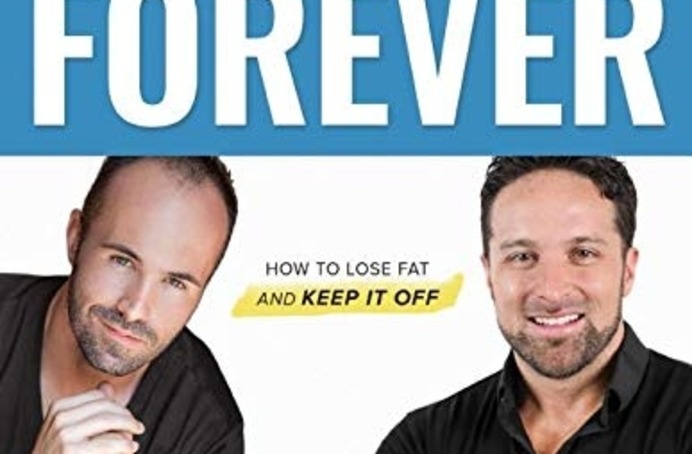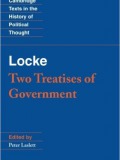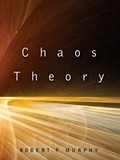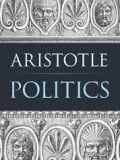Book

Fat Loss Forever
Diets are failing in an epic way. Chances are you’ve tried one of the popular diets out there. The Atkins Diet, The South Beach Diet, The Zone Diet, The Blood Type Diet, The Eat Clean Diet, The Alkaline Diet, The Ornish Diet, The Insert Name Here Diet.You probably lost some weight… for awhile. Did you keep it off? Chances are you didn’t. In fact, chances are you regained it all back and possibly then some. You aren’t alone. Six out of seven people who are overweight are able to successfully lose weight during their lifetime.
aboutLiberty Portal
Liberty Portal is your gateway for free markets and free thinking. We aggregate open-sourced content to promote and popularize important people and lessons within the liberty movement.
suggested
John Locke
Two Treatise of Government

This is a new revised version of Dr. Laslett's standard edition of Two Treatises. First published in 1960, and based on an analysis of the whole body of Locke's publications, writings, and papers. The Introduction and text have been revised to incorporate references to recent scholarship since the second edition and the bibliography has been updated.
Read more
Bob Murphy
Chaos Theory

Among the most advanced topics in the literature in the Austro-libertarian milieu is that which deals with the workings of the fully free society, that is, the society with no state, or anarcho-capitalism. Robert Murphy deals with this head on, and makes the first full contribution to this literature in the new century. Working within a Rothbardian framework, he takes up the challenge of Hans Hoppe regarding the role of market insurance in property security to extend the analysis to the security of person. His applications are part empirical and part speculative, but unfailingly provocative, rigorous, and thoughtful. The title itself refers to the supposed chaos that results from eliminating the state but Murphy shows that out of chaos grows an ordered liberty. Anyone interested in exploring the farthest reaches of anarchist theory must come to terms with Murphy's account. This volume contains:Foreword Introduction (Jeremy Sapienza) I. Private Law II. Private Defens
Aristotle
Politics

What is the relationship of the individual to the state? What is the ideal state, and how can it bring about the most desirable life for its citizens? What sort of education should it provide? What is the purpose of amassing wealth? These are some of the questions Aristotle attempts to answer in one of the most intellectually stimulating works.
Both heavily influenced by and critical of Plato's Republic and Laws, Politics represents the distillation of a lifetime of thought and observation. "Encyclopaedic knowledge has never, before or since, gone hand in hand with a logic so masculine or with speculation so profound," says H. W. C. Davis in his introduction. Students, teachers, and scholars will welcome this inexpensive new edition of the Benjamin Jowett translation, as will all readers interested in Greek thought, political theory, and depictions of the ideal state.
Read moreBoth heavily influenced by and critical of Plato's Republic and Laws, Politics represents the distillation of a lifetime of thought and observation. "Encyclopaedic knowledge has never, before or since, gone hand in hand with a logic so masculine or with speculation so profound," says H. W. C. Davis in his introduction. Students, teachers, and scholars will welcome this inexpensive new edition of the Benjamin Jowett translation, as will all readers interested in Greek thought, political theory, and depictions of the ideal state.


